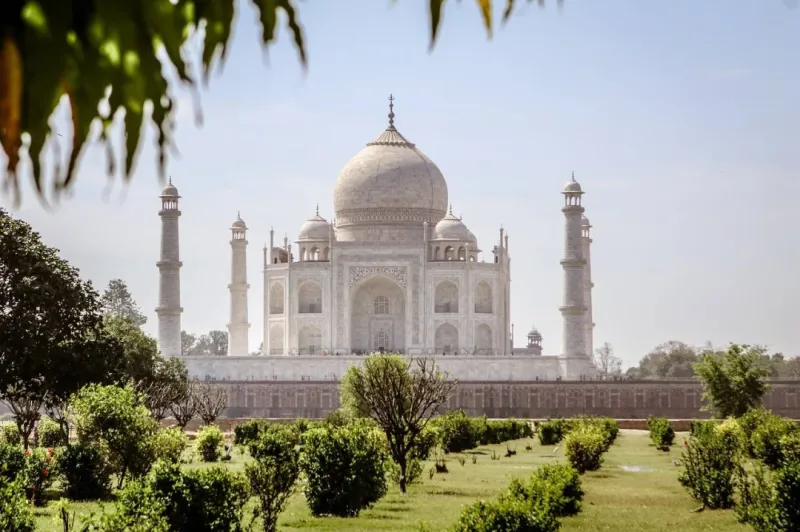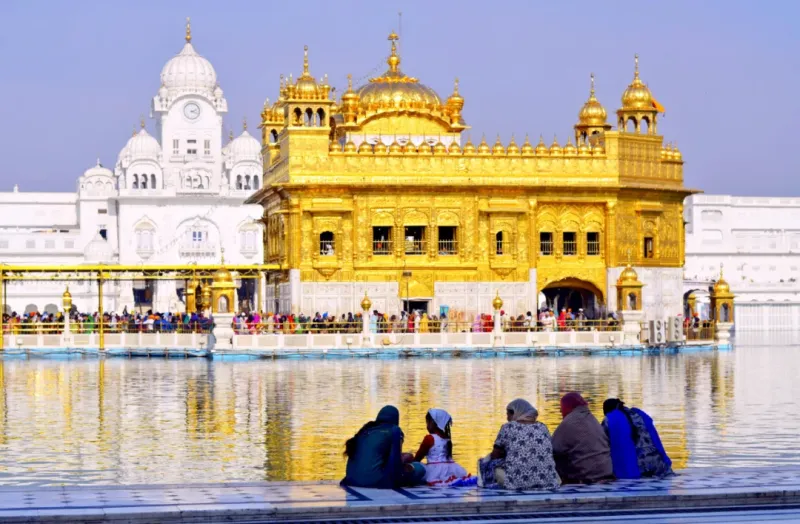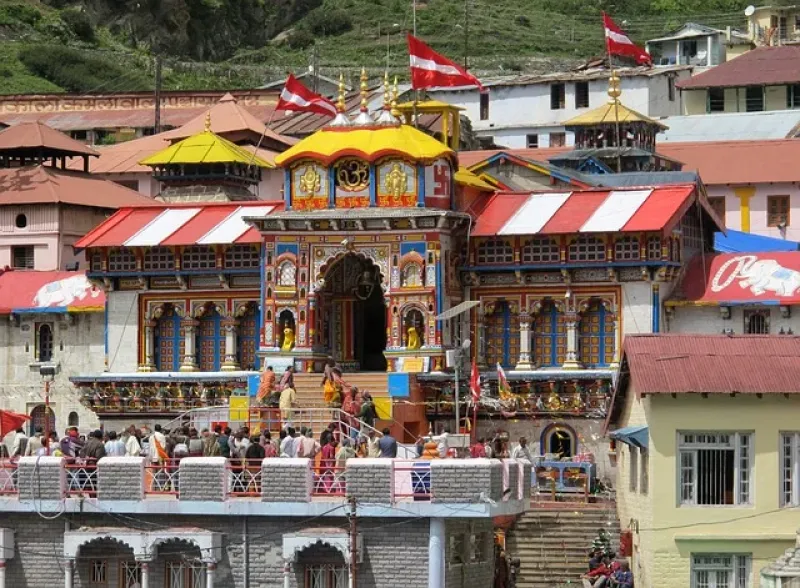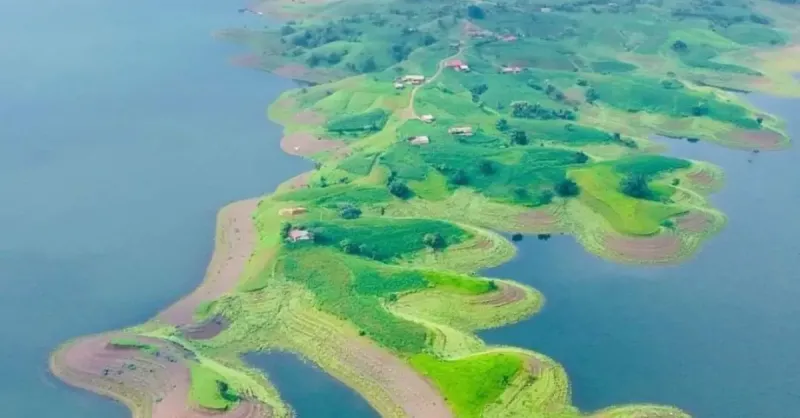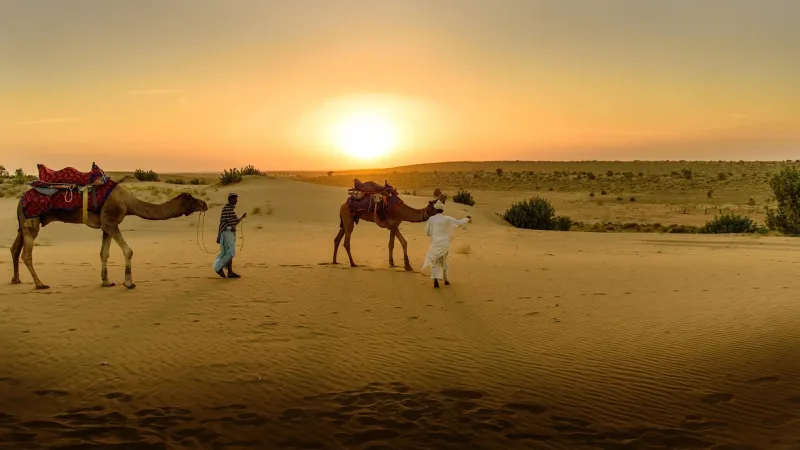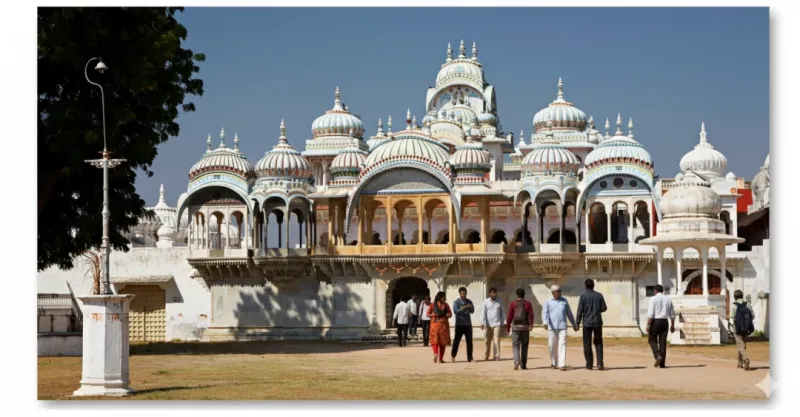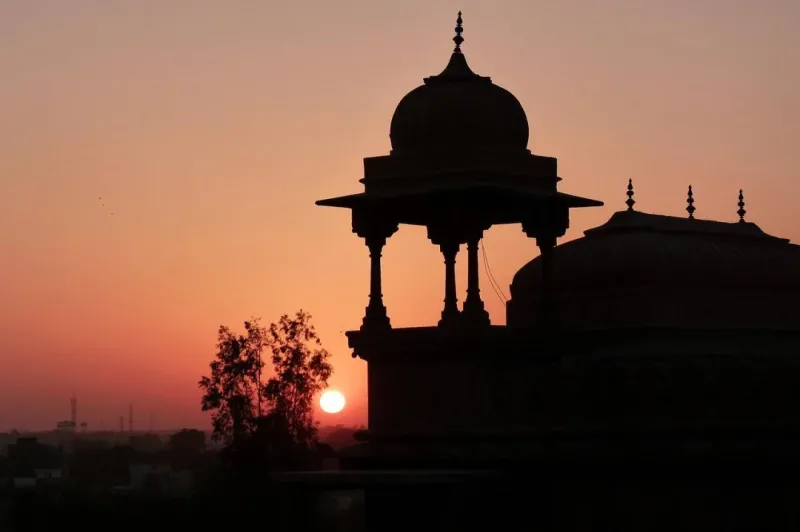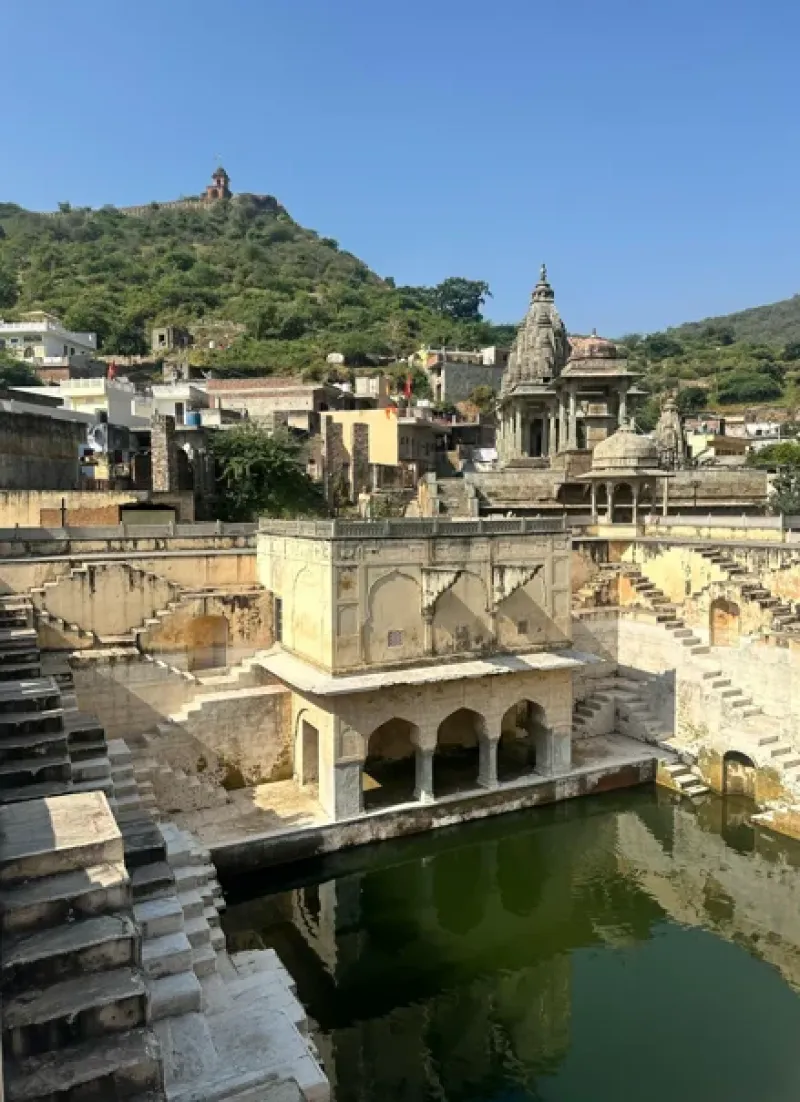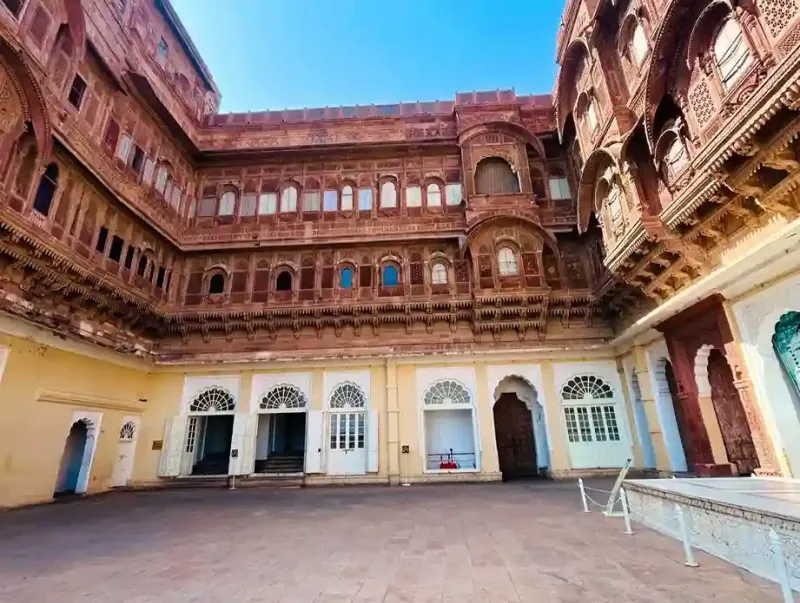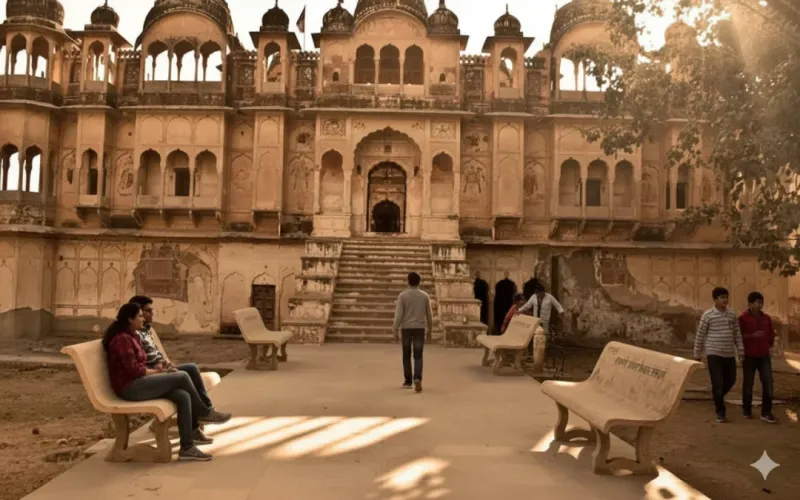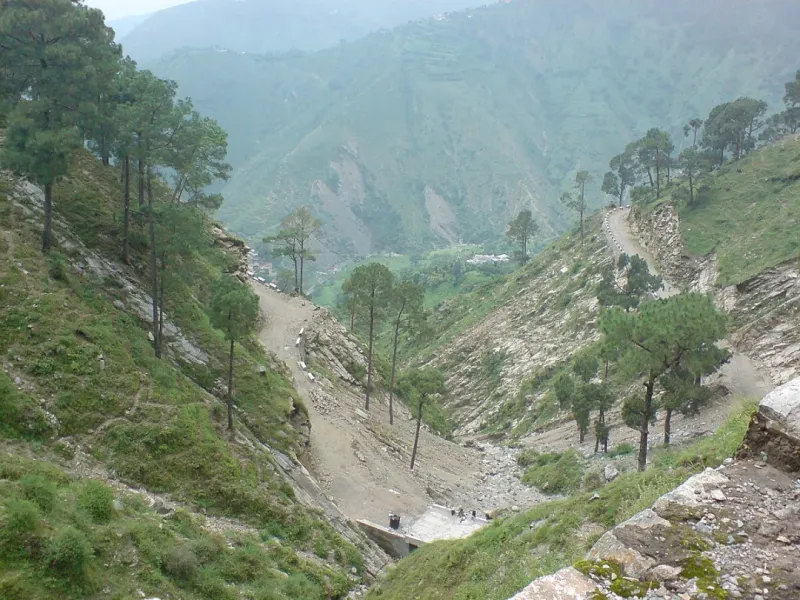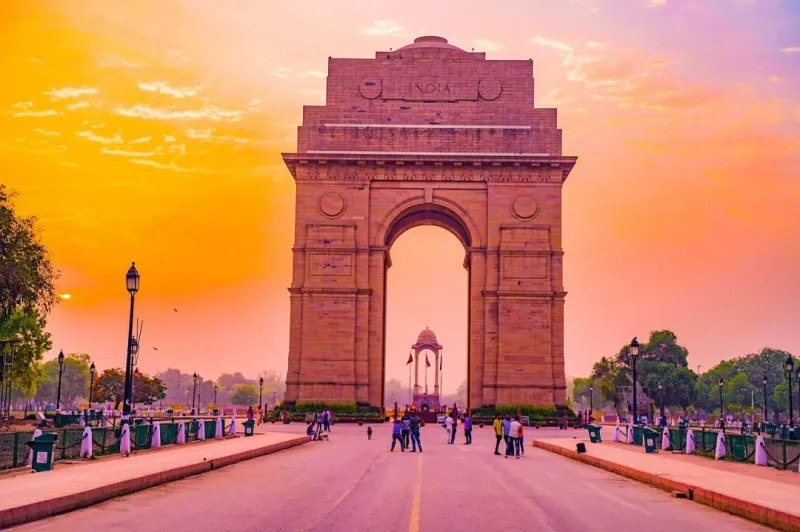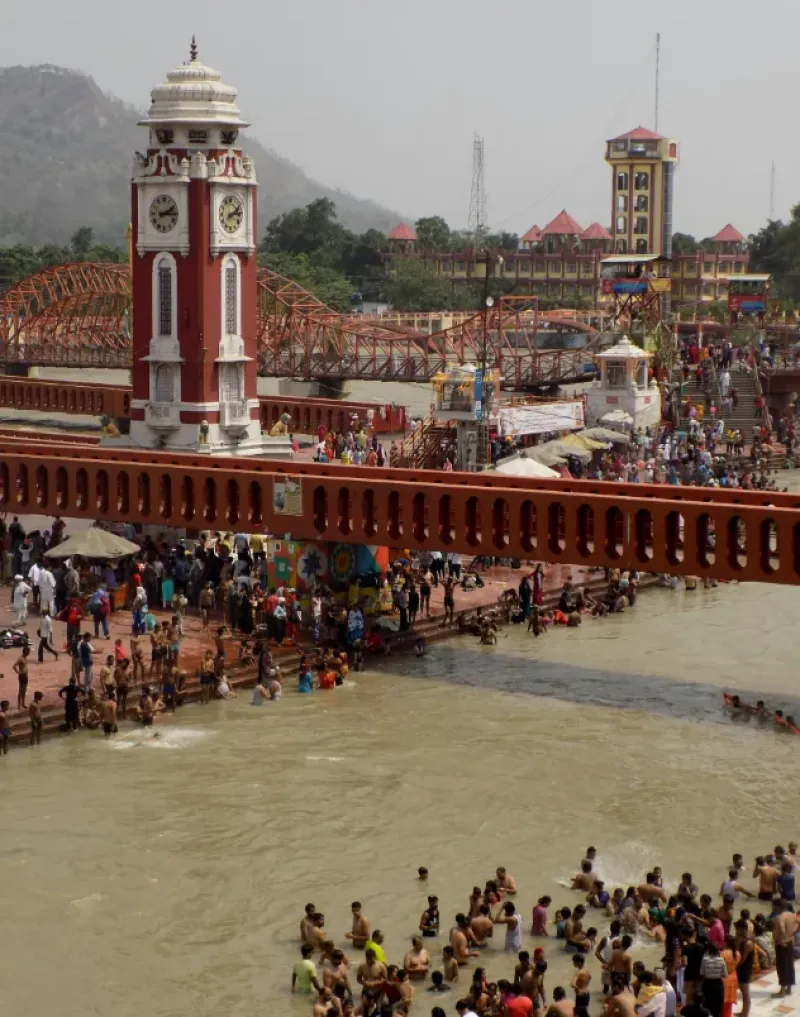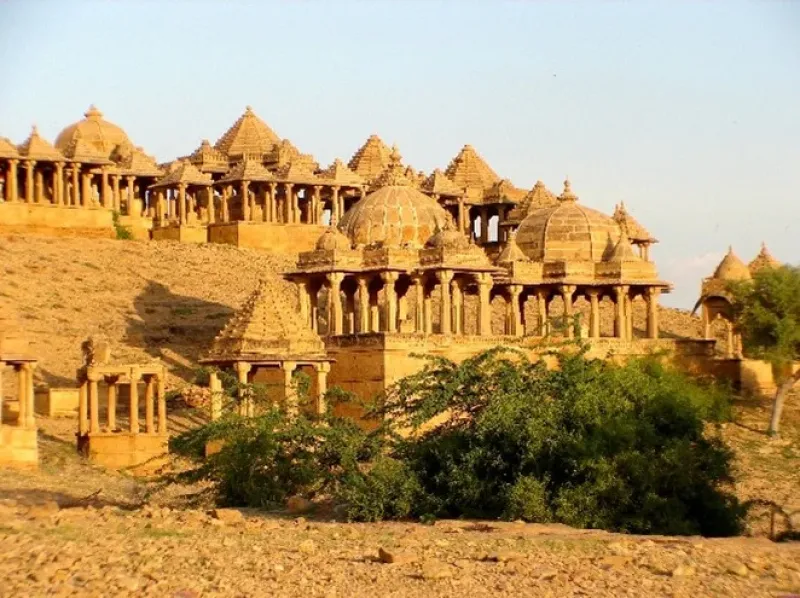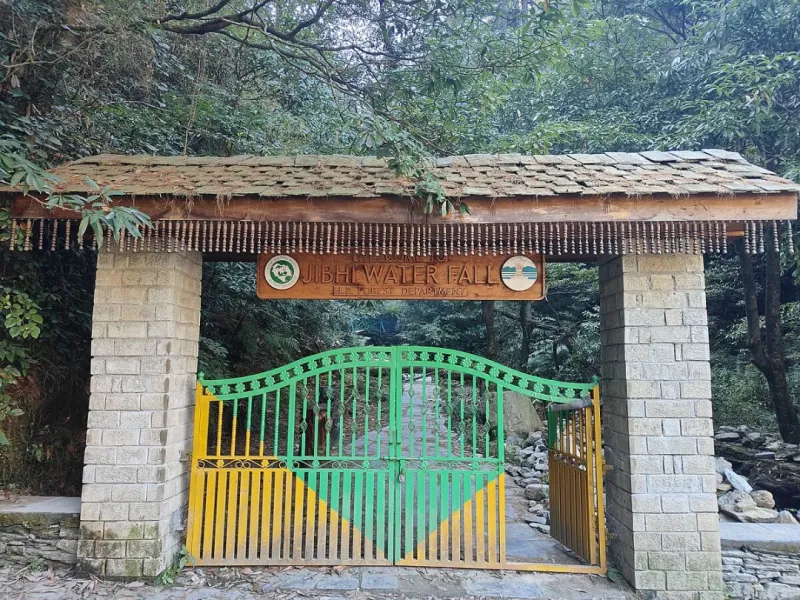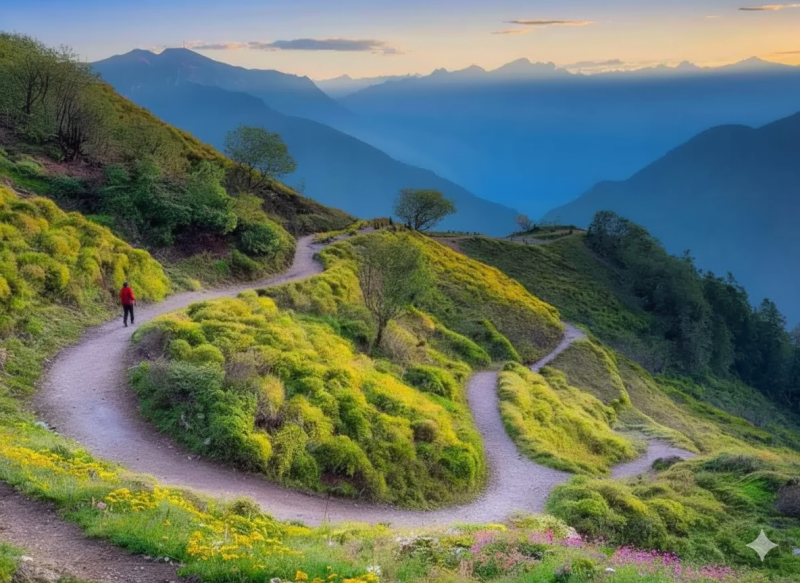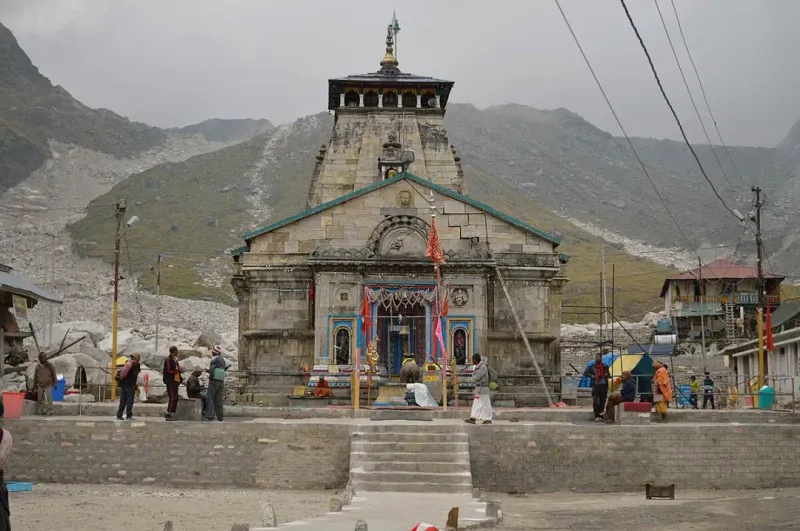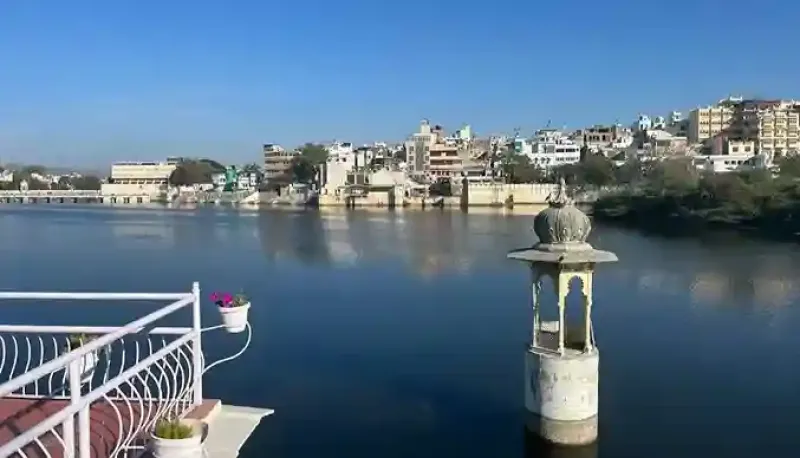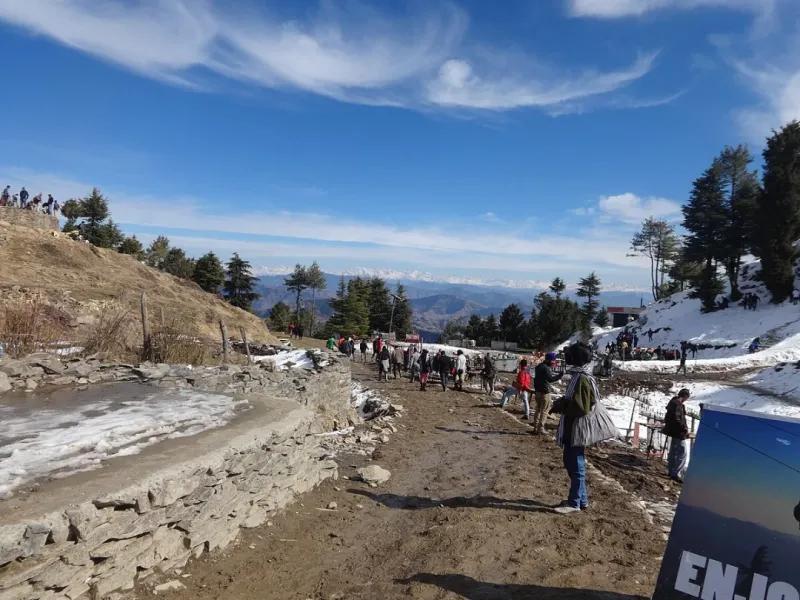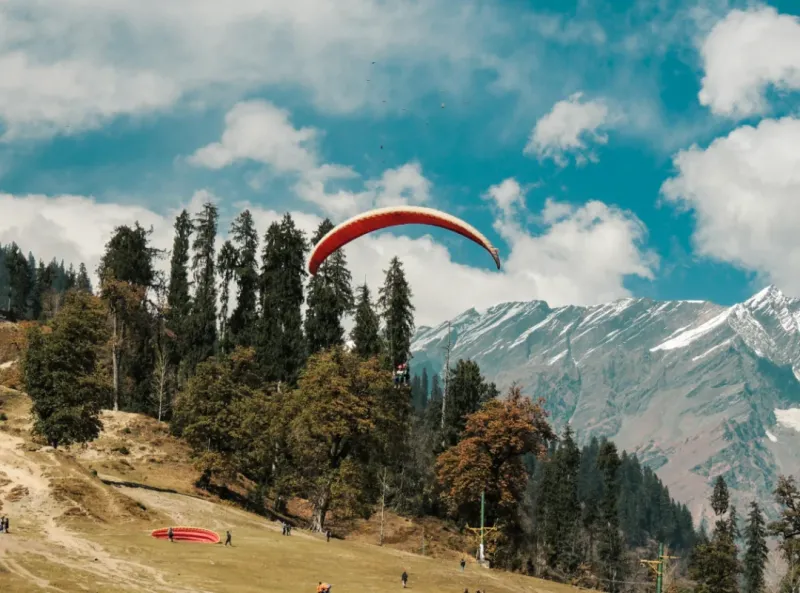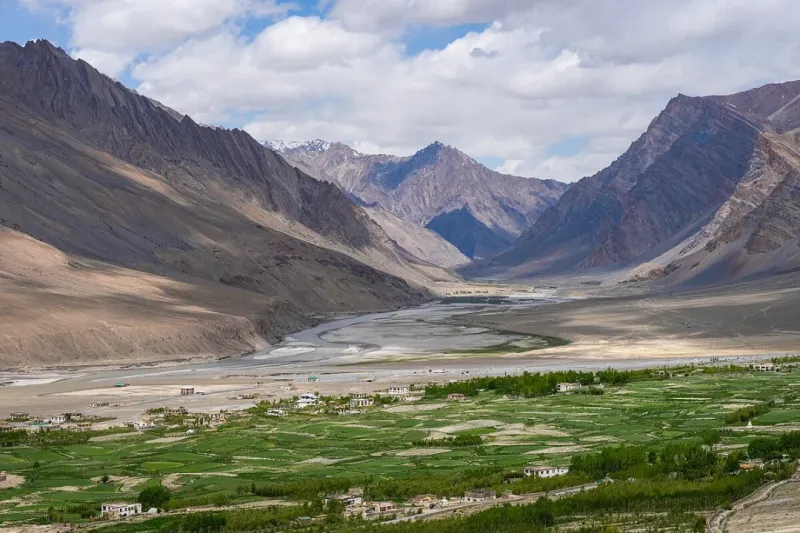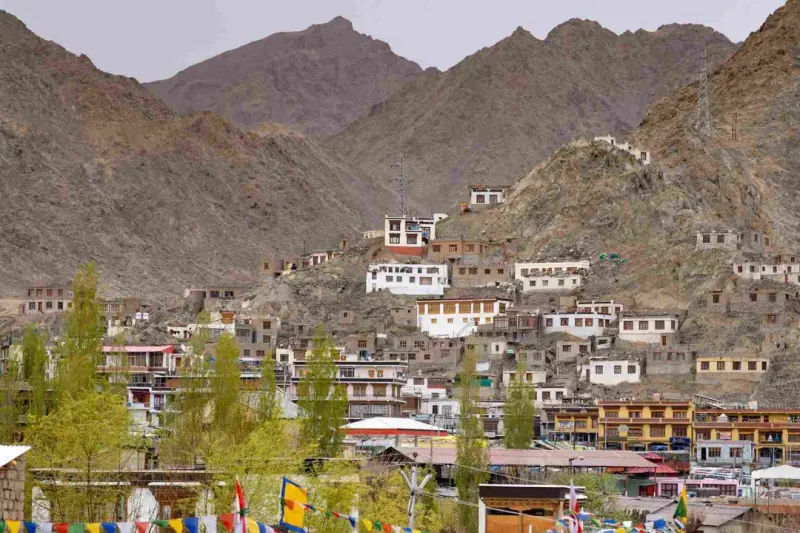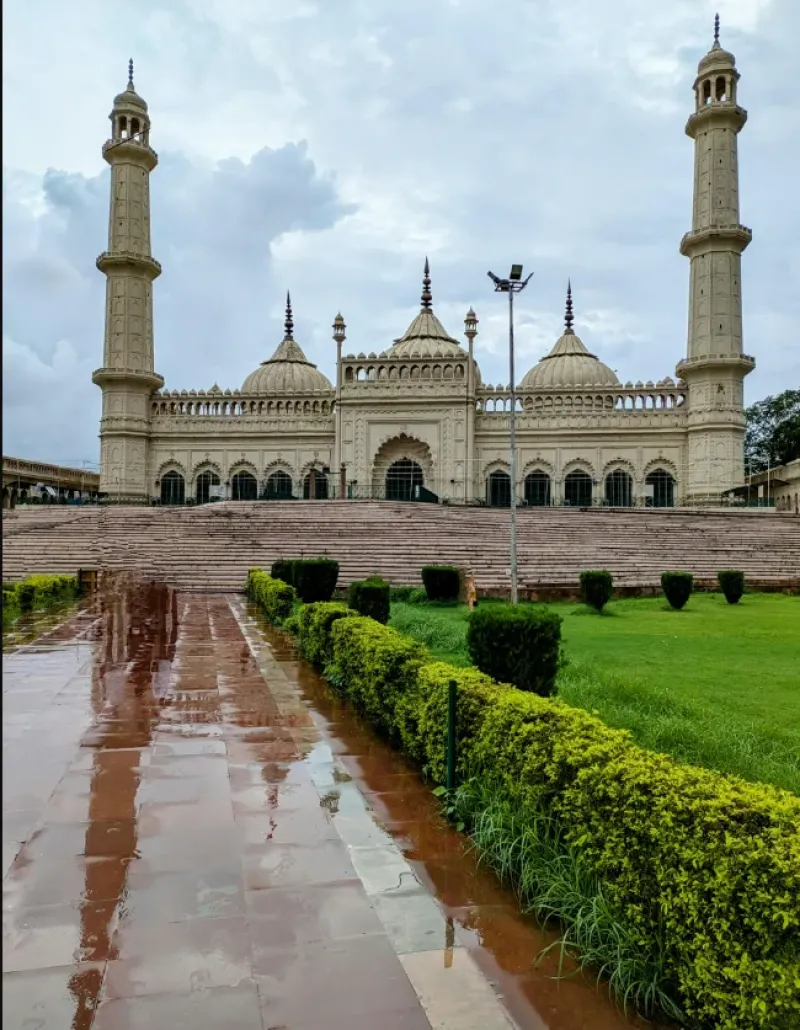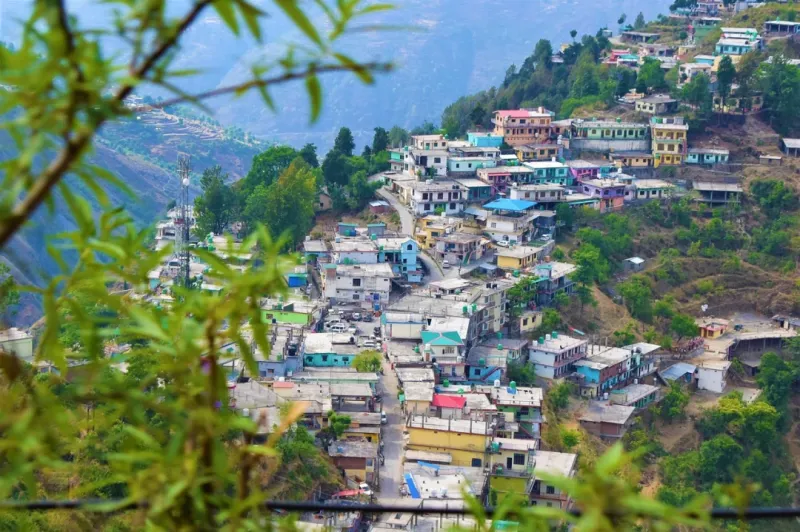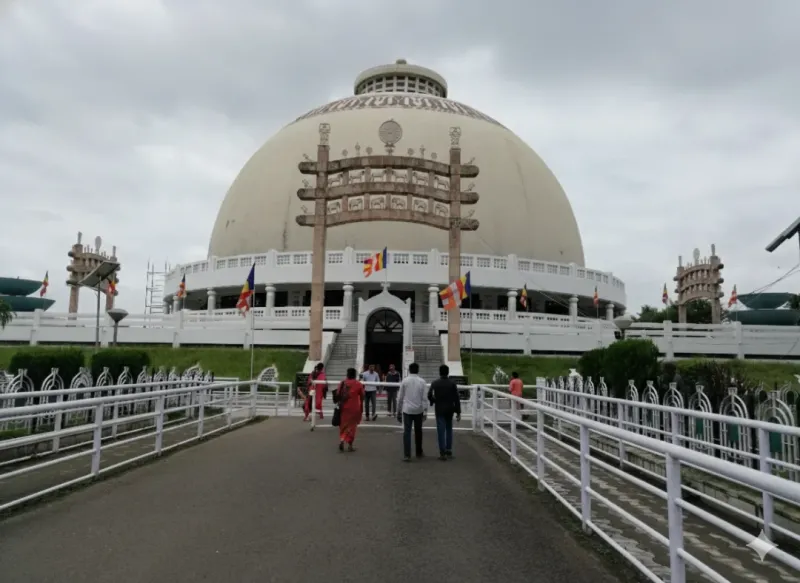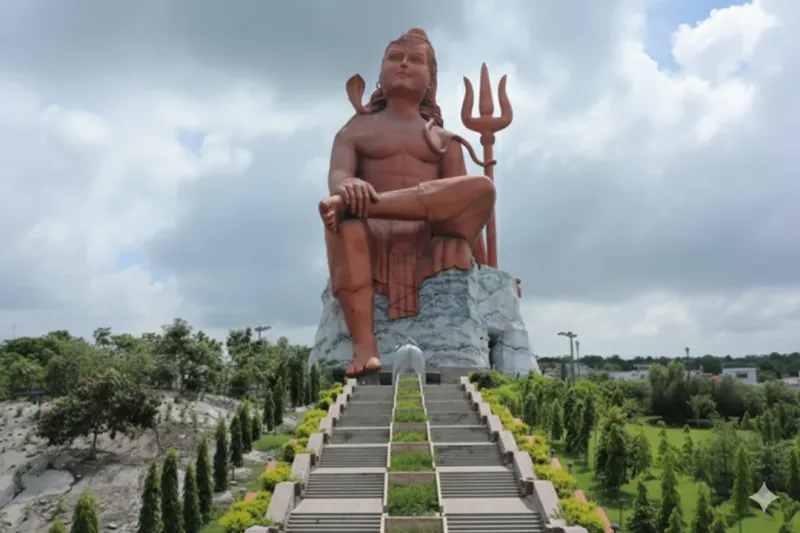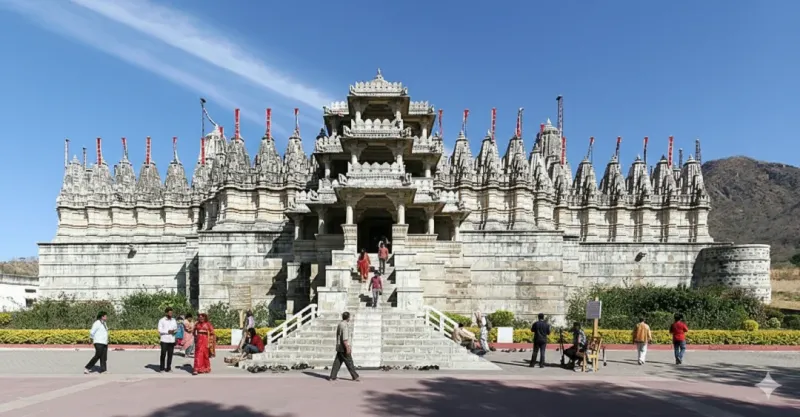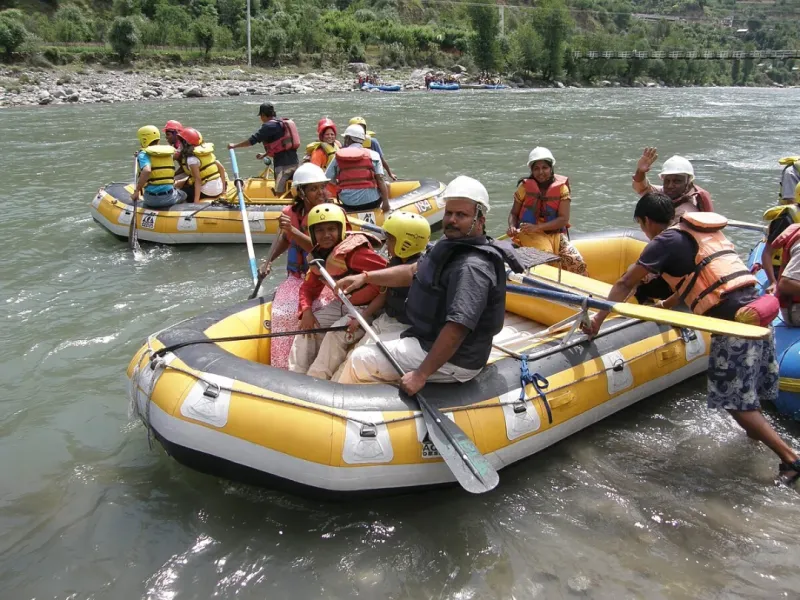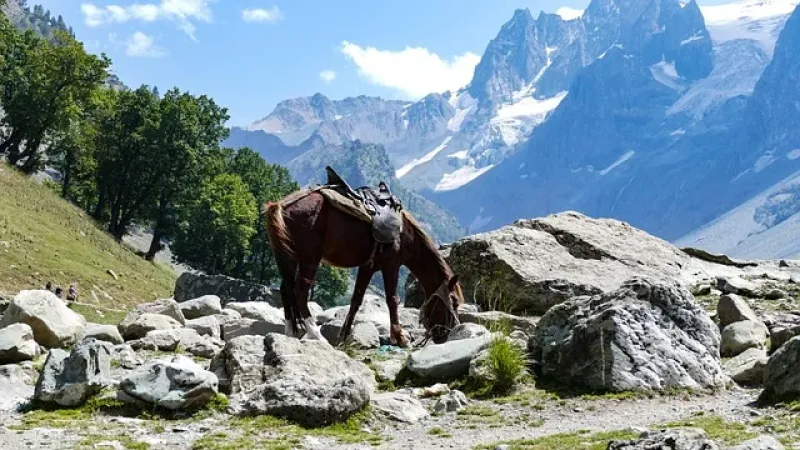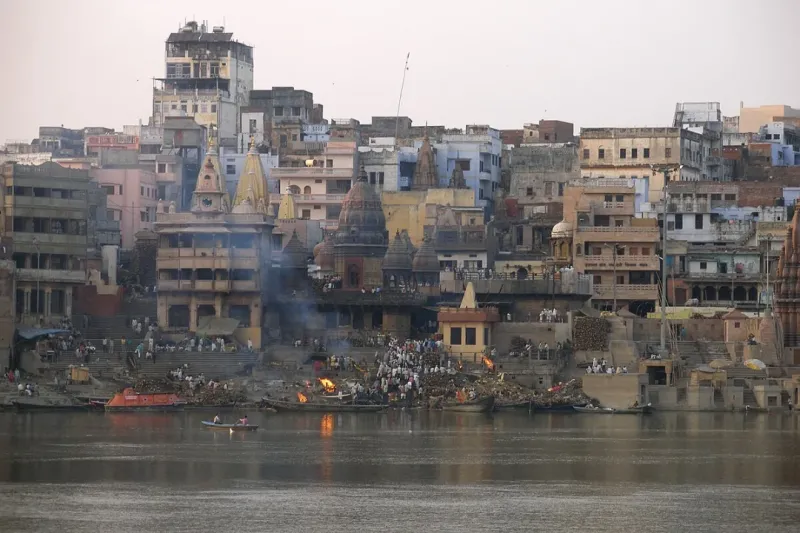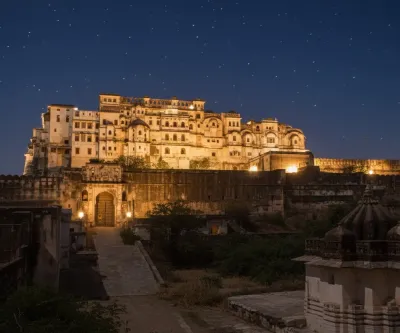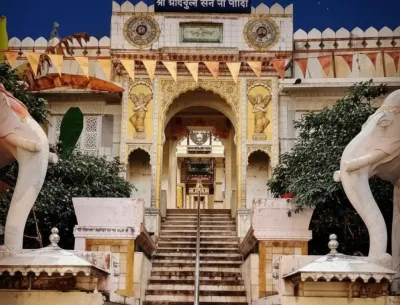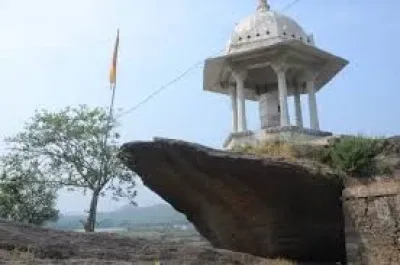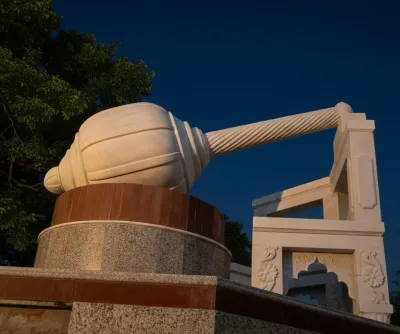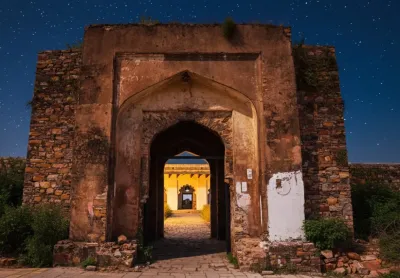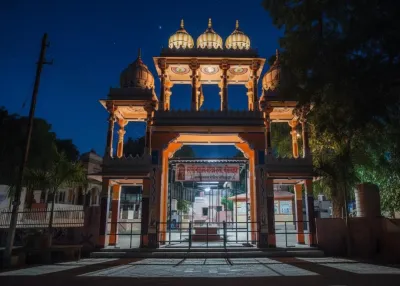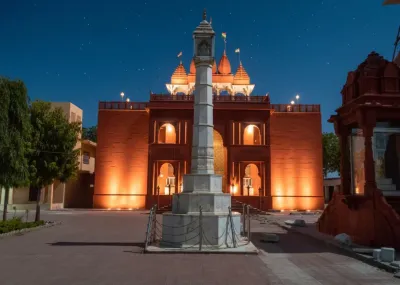About Bhilwara
Welcome to Bhilwara: A Hidden Gem of Rajasthan
Bhilwara, nestled in the heart of Rajasthan, is one of the state's most intriguing destinations. Often overshadowed by Rajasthan's more famous cities like Jaipur, Udaipur, and Jodhpur, Bhilwara offers a unique blend of history, culture, and natural beauty. Whether you're a history enthusiast, a spiritual seeker, or someone interested in experiencing local crafts, Bhilwara has something to offer. This article takes you on a journey through Bhilwara's legacy, its spiritual significance, and why it deserves a spot on your Rajasthan travel itinerary.
A Glimpse into Bhilwara’s Legacy: From Textile Hub to Spiritual Haven
Bhilwara, often referred to as the "Textile City of Rajasthan," has earned its reputation as a hub for textile manufacturing. The town is home to numerous textile industries that contribute significantly to the state's economy. The local textile market is renowned for its cotton, woolen fabrics, and unique tie-and-dye techniques that have been passed down through generations. Bhilwara’s industrial presence blends harmoniously with its spiritual legacy, making it a place where tradition meets modernity.
The town is also a haven for spiritual seekers, with its many temples, sacred sites, and religious festivals. Bhilwara offers a perfect blend of old-world charm and contemporary living, making it an ideal spot for both history lovers and those in search of inner peace.
How to Reach Bhilwara: Your Route to the Heart of Rajasthan
Bhilwara is easily accessible by various means of transportation. Here’s how you can reach this fascinating destination:
-
By Road: Bhilwara is well connected by road to major cities in Rajasthan like Jaipur, Udaipur, and Ajmer. You can take a private taxi or travel by bus from nearby cities.
-
By Rail: Bhilwara Junction is well connected to major railway stations across Rajasthan and India. Trains from cities like Jaipur, Ahmedabad, and Delhi frequently stop here, making rail travel an easy and convenient option.
-
By Air: The nearest airport to Bhilwara is in Udaipur (approximately 160 km away), which has domestic flights connecting it to other major cities in India.
Discover Bhilwara’s Historical Significance: Temples, Forts, and Palaces
Bhilwara is home to numerous historical sites that provide a glimpse into Rajasthan’s rich past. The town has a storied history that dates back centuries, and its forts, palaces, and temples stand as testaments to its cultural significance.
Some notable landmarks include:
-
Meja Dam: A historic structure that offers both scenic views and a peek into the region's engineering prowess.
-
Harni Mahadev Temple: A significant pilgrimage site for locals, this temple attracts hundreds of visitors each year for its spiritual aura and serene surroundings.
-
Kaila Devi Temple: Dedicated to the goddess Kaila, this temple is an important pilgrimage spot for both devotees and tourists.
-
Rangji Temple: A blend of traditional Rajasthani and South Indian architectural styles, this temple is dedicated to Lord Rangji.
The Spiritual Side of Bhilwara: A Journey Through Its Sacred Sites
Bhilwara has a rich spiritual history and is home to many temples and sacred sites that provide visitors with an opportunity to experience Rajasthan's deep religious roots. These temples are not just architectural marvels but also offer a peaceful environment for those seeking spiritual solace.
-
The Shree Ganga Narayan Ji Temple: Located in the center of Bhilwara, this temple is known for its stunning architectural design and religious significance.
-
The Balaji Temple: Situated on the outskirts of Bhilwara, this temple attracts devotees from all over the state and beyond.
-
The Lakshmi Narayan Temple: A prominent spiritual site for locals, the Lakshmi Narayan Temple is renowned for its intricate carvings and tranquil atmosphere.
Visiting these sacred sites gives travelers a chance to reflect, rejuvenate, and appreciate the region’s spiritual heritage.
The Textile Town: Bhilwara’s Craft Legacy and Textile Tours
Bhilwara is one of the leading textile centers in India, and a visit to the town wouldn’t be complete without exploring its famous textile markets. The town is known for producing some of the finest cotton fabrics, woolen textiles, and traditional Rajasthani handloom products. Tourists can visit local markets, explore factories, and even take guided tours of textile units to see the crafting process firsthand.
The Bhilwara Textile Market is a must-visit destination for anyone interested in the textile industry, offering a wide range of products, including traditional Rajasthani prints, fabrics, and garments. You can also purchase hand-made products like bandhani sarees, tie-dye fabrics, and block-printed textiles.
Local Art and Handicrafts: A Taste of Bhilwara’s Craftsmanship
Apart from textiles, Bhilwara is also known for its vibrant handicrafts. The town’s artisans specialize in traditional Kundan jewelry, painted pottery, and intricate woodwork. Visitors can explore local markets and shops to buy these beautifully handcrafted items that reflect the culture and artistic heritage of Rajasthan.
Some popular crafts include:
-
Bhilwara Paintings: Known for their unique style and intricate detailing, these paintings often depict Rajasthani rural life, wildlife, and folklore.
-
Wooden Handicrafts: Bhilwara is home to talented craftsmen who create beautiful wooden artifacts, from furniture to small decorative pieces.
Bhilwara’s Culinary Offerings: Traditional Flavors and Street Food Delights
Rajasthani cuisine is renowned for its rich, spicy flavors, and Bhilwara is no exception. The town offers a variety of local dishes that are sure to excite food lovers. Some must-try dishes include:
-
Dal Baati Churma: A traditional Rajasthani dish made from wheat flour dough balls, served with lentils and a sweet dessert.
-
Gatte Ki Sabzi: A flavorful curry made from gram flour dumplings, which is a staple of Rajasthani cuisine.
-
Ker Sangri: A spicy vegetable dish made from dried berries and beans, offering a unique Rajasthani flavor.
-
Bhilwara Kachori: A deep-fried snack filled with spicy fillings, served with chutney, perfect for street food lovers.
Don’t forget to try lassi (a refreshing yogurt-based drink) and chaas (buttermilk), both of which are common in the region.
Where to Stay: Comfortable Accommodations for Every Budget
Bhilwara offers a wide range of accommodation options, from budget-friendly hotels to luxurious resorts. Whether you’re looking for a simple guesthouse or a heritage hotel, the town has something to suit your needs.
-
Budget Stays: Bhilwara has a variety of budget-friendly guesthouses and hotels, perfect for solo travelers or those on a tight budget.
-
Mid-Range Hotels: For those who prefer more comfort, Bhilwara offers several mid-range hotels with modern amenities.
-
Luxury Stays: For those looking for a more lavish experience, the town also has luxury resorts that offer top-notch services and a serene ambiance.
Festivals and Fairs: When Bhilwara Comes to Life
Bhilwara is a town that celebrates its traditions through vibrant fairs and festivals. One of the most popular events is the Tejaji Fair, held every year in honor of the local deity, Tejaji. The fair is a grand celebration with folk music, dances, and traditional performances.
-
Gangaur Festival: Celebrated in the spring, this festival honors the goddess Gauri and marks the arrival of the monsoon. The procession of idols and folk dances add to the festive spirit.
-
Makar Sankranti: Bhilwara comes alive during the kite festival, with colorful kites adorning the sky.
Experience Bhilwara’s Nature: Parks, Lakes, and the Great Outdoors
Bhilwara is not just about history and culture; it also offers an opportunity to experience nature at its best. Some must-visit natural spots include:
-
Meja Dam: A beautiful picnic spot where you can enjoy nature walks and birdwatching.
-
Kota Barrage: Located near Bhilwara, this serene spot offers an opportunity for boating and relaxation by the water.
-
Fateh Singh Park: A peaceful park ideal for evening walks and relaxation.
Travel Tips for Your Bhilwara Adventure: What You Need to Know
To make the most of your Bhilwara trip, keep these tips in mind:
-
Best Time to Visit: The ideal time to visit Bhilwara is from October to March when the weather is pleasant and cool.
-
Dress Code: While Bhilwara is a relatively laid-back town, it's advisable to dress modestly, especially when visiting religious sites.
-
Local Etiquette: Always ask for permission before taking photos of people, especially in local markets.
Conclusion
Bhilwara, with its blend of history, spirituality, and local crafts, is a destination that should not be missed by anyone exploring Rajasthan. Whether you’re interested in temples, textiles, or local cuisine, Bhilwara offers a unique travel experience that is both enriching and memorable. So, pack your bags and head to this hidden gem of Rajasthan for an unforgettable adventure.
More Attractions In Bhilwara
Top Destinations
